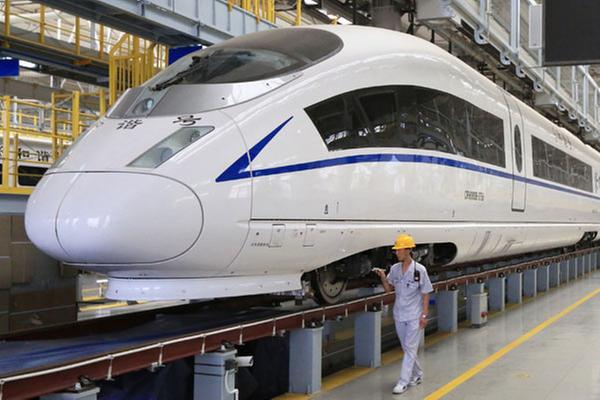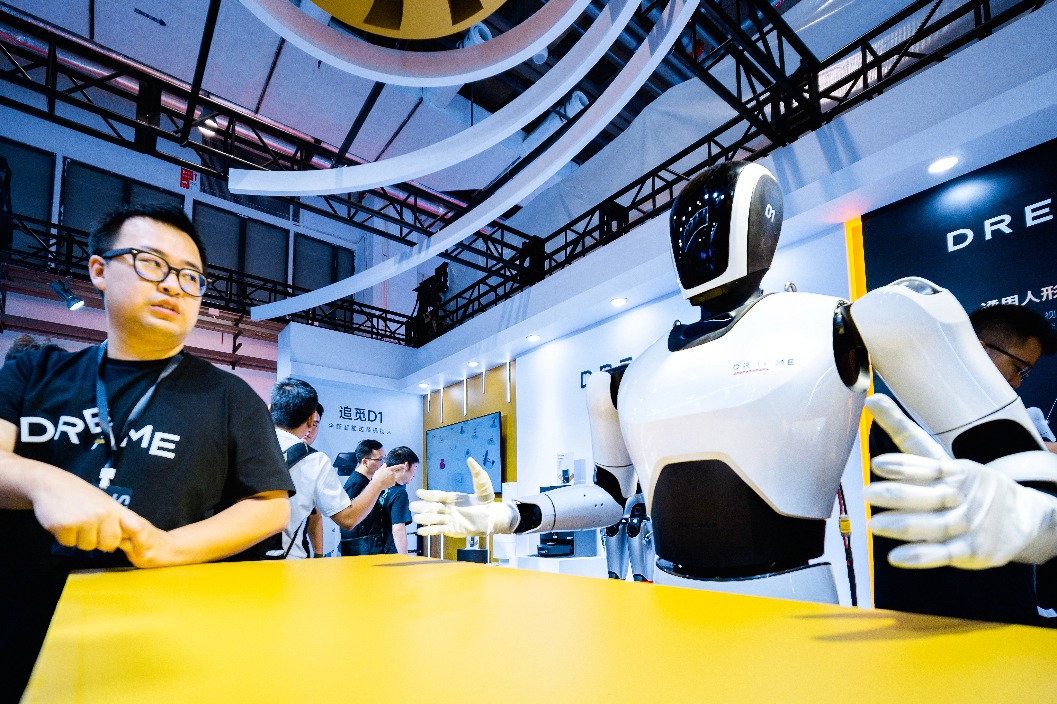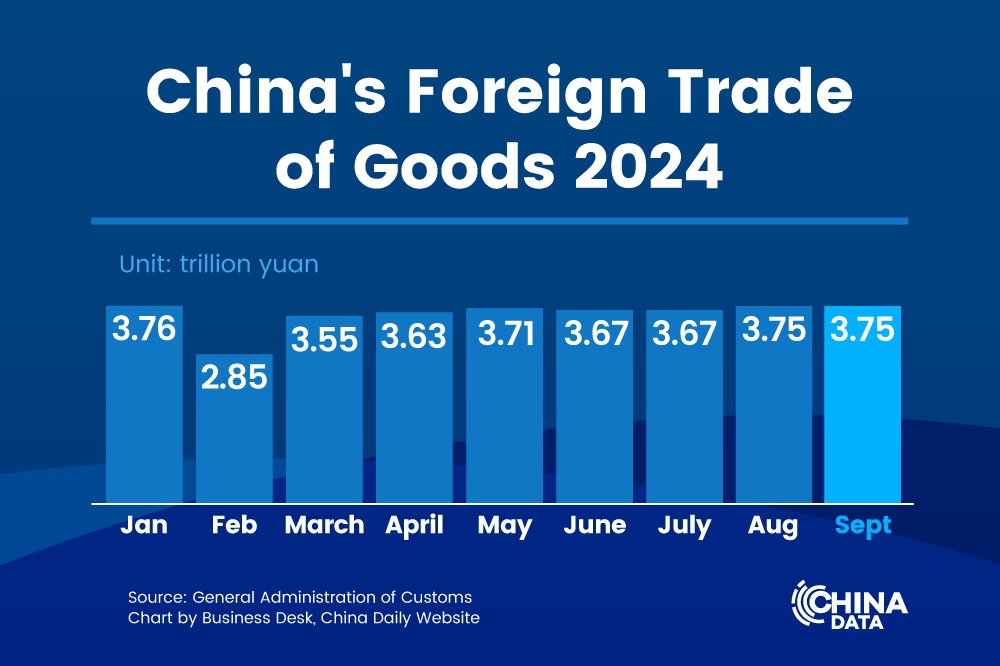Rail manufacturer set to upgrade Malaysian facilities





 |
| A high-speed train manufactured by China Railway Rolling Stock Corp arrives at a maintenance warehouse in Xi'an, Shaanxi province, in July, 2016. [Photo/Xinhua] |
Chinese rail vehicle manufacturer CRRC Zhuzhou Electric Locomotive will upgrade its facilities in Malaysia this year as it looks to win the service contract for the upcoming Singapore-Malaysia high-speed rail project, its chairman said.
China Railway and China Railway Signal and Communication sent teams to Singapore in December in the hopes of beating international rivals from Japan, South Korea and Germany to win the project.
The 350-kilometer high-speed railway between Kuala Lumpur and Singapore, first proposed in 2013, is considered a game-changer. By linking the two major Southeast Asian countries, the railway will shorten the travel time between the two capitals from four hours to 90 minutes.
Eyeing this lucrative opportunity, Zhou Qinghe, chairman of CRRC Zhuzhou, a subsidiary of railway vehicle and equipment maker China Railway Rolling Stock Corp, said the company's expansion into Southeast Asia was in line with the aims of the Belt and Road Initiative.
The trade and infrastructure network, proposed by China in 2013, envisions a Silk Road Economic Belt and 21st Century Maritime Silk Road, covering about 4.4 billion people in more than 60 countries and regions in Asia, Europe and Africa. "The Belt and Road Initiative will help China export more high-speed rail technologies to a number of lucrative markets during 13th Five-Year Plan (2016-20) period," Zhou said.
"As most countries along the routes of the initiative-especially in Southeast Asia, Central Asia, the Middle East and Eastern Europe-are planning to build high-speed rail lines or upgrade their existing railway systems, they are willing to acquire technical support from China to assist in the daily operations, maintenance, staff training and other services."
China Railway submitted a detailed plan, including high-speed train designs, terminus station construction blueprints, noise and vibration data, and tender documents for various construction periods, to transportation authorities in Singapore and Malaysia earlier this year.
Malaysian branches
Southeast Asia is no new market for the group, however, as it has already set up manufacturing and maintenance facilities in Malaysia.
CRRC Zhuzhou opened a $131 million manufacturing facility in Malaysia's Perak state in 2015, which is managed by CRRC (Malaysia) Railway Vehicles and will act as the company's gateway to other member states of the Association of Southeast Asian Nations. The plant is capable of manufacturing various types of rail vehicles, from bullet trains to mass-transit trains and electric locomotives.
CRRC Zhuzhou has already supplied 18 metro-engineering maintenance trains to Singapore and they are now being used on the city state's urban rail network. "Because most Southeast Asian nations have just started to build new railway lines or bought new trains, they are keen to acquire technical support from China in the daily operations, maintenance, staff training and other services," Zhou said.
CRRC Zhuzhou's ASEAN plant is involved in production, assembly, testing, maintenance and refurbishment, with an annual production capacity of 100 electric trains and light-rail vehicles.
CRRC Kuala Lumpur Maintenance Sdn Bhd, another CRRC Zhuzhou subsidiary, was launched in 2011. It has 116 staff, of which 90 percent are local workers.
"Benefiting from the location, CRRC Zhuzhou can provide timely maintenance services for the new railroad and reach more countries in Southeast Asia," said Zhou, who has worked in the export business for more than two decades.
Maintaining rail equipment can be a lucrative business in itself, according to Liao Hongtao, deputy general manager of the company. "Even though a lot of money can be made from selling trains, providing maintenance services can also be profitable," he said, adding that many core parts need to undergo extensive maintenance after a year of use.
At present, the maintenance subsidiary's main business involves servicing the 38 sets of six-car electric multiple units and 50 sets of light rail vehicles on Malaysia's Ampang Line. More than 90 percent of its revenue comes from the local market.
Global network
In the ASEAN region, CRRC Zhuzhou's main markets are Singapore, Indonesia, Thailand and Malaysia, where there is rising demand for electric locomotives and mass-transit trains for city and suburban lines.
CRRC Zhuzhou has six subsidiaries covering more than 10 countries and regions across Asia, Europe and Africa. Last year, the company established a European subbranch in Austria, opening itself to the continent's high-end market through international acquisitions and collaborations. The global rail and transit industry will be worth $240 billion this year, with maintenance services accounting for half that figure, according to a study by the Paris-based International Union of Railways in July.
However, CRRC Zhuzhou faces fierce competition from foreign rivals such as Siemens of Germany and Bombardier of Canada, who have their own global service networks to boost revenues in major markets such as Asia, the Middle East and Europe.
CRRC Zhuzhou understands the importance of building a complete network as part of its global expansion, according to Liao, its deputy general manager. "The tactic of establishing an ASEAN rail center in Malaysia is based on our market share in the country and its geographic location," he said.
Wang Zhipeng, a professor of rail transportation at Beijing Jiaotong University, said: "In the long term, China and the ASEAN economies will count on enhanced regional cooperation, especially in rail transportation, to stimulate trade and attract investment while improving regional economic integration."
Zhou of CRRC Zhuzhou said: "Singapore, Thailand, Indonesia and Malaysia's ongoing plans to build a high-speed rail link will further fuel the hope that Southeast Asia could one day have a system similar to the one in Europe."
With his eyes firmly fixed on future orders, Zhou predicted that ASEAN members will need 1,100 new carriages, and refurbishment for another 700, within the next five years.
Contact the writers at zhongnan@chinadaily.com.cn
































